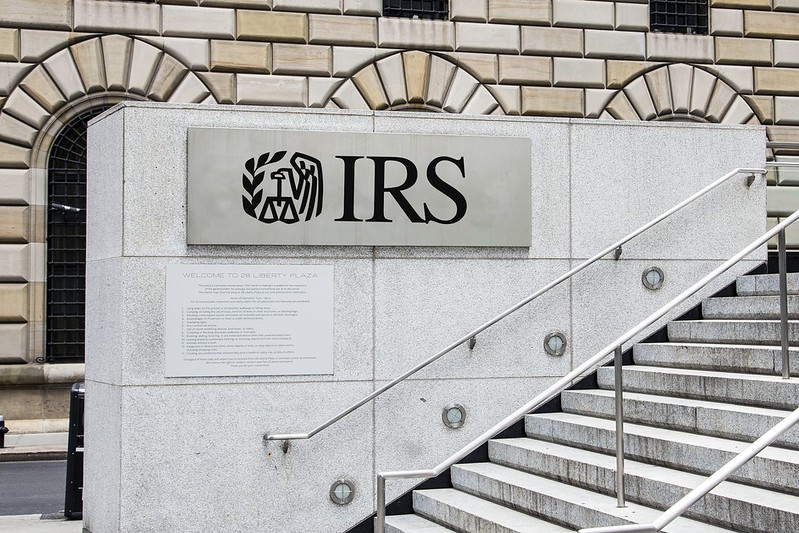The IRS has drawn sharp criticism by maintaining that crypto staking rewards are taxable income upon receipt. The ongoing lawsuit from the Jarretts could redefine tax policies for digital asset holders across the country.
IRS Reaffirms Crypto Staking Rewards as Taxable Income
In response to a judicial challenge that aimed to delay taxes until awards are sold or transferred, the United States Internal Revenue Service (IRS) reaffirmed its stance that rewards from staking activities do not constitute new property.
The agency reportedly rejected arguments from a second case that Joshua and Jessica Jarrett filed on December 23, according to a Bloomberg article. Upon receiving the prizes, the agency asserted that they were taxable income. According to the IRS,
“Revenue Ruling 2023-14 requires taxpayers who receive staking rewards to report the rewards as income at their fair market value upon having the ability to sell, exchange, or otherwise dispose of them.”
Understanding Staking Rewards
In order to facilitate the operation of a blockchain, staking entails encrypting one's coin in a smart contract. Help ensure the network's security and the legitimacy of transactions by doing this. You receive incentives, typically additional cryptocurrency, in return. It's a method to generate passive income from your digital asset portfolio.
Block rewards, similar to staking, are considered "income" by the IRS as soon as they are created. Tax is then calculated based on the tokens' projected market value at that time.
Prolonged Legal Battle With the IRS
The Jarretts have been embroiled in a protracted tax fight with the IRS since they initially sued in 2021 about 8,876 Tezos tokens they had collected as staking rewards in 2019.
They contended that these tokens ought to be treated as property and subjected to taxation alone when sold, similar to a farmer's harvest or an author's manuscript, Cointelegraph explains. In an effort to establish a precedent for all proof-of-stake networks, the Jarretts turned down the IRS's offer of a $4,000 tax refund. As a result of the reimbursement, the court eventually threw out the lawsuit, ruling it moot.
Filing a New Lawsuit in 2024
October 2024 saw the filing of a second lawsuit by the Jarretts, this time with the goal of having their staking awards declared to be property subject to taxation only upon sale.
In their latest lawsuit, they sought a permanent injunction to stop the IRS from further taxing their XTZ tokens and a refund of $12,179 for taxes paid on 13,000 tokens received in the 2020 tax year. This legal action asserts:
“New property is not taxable income; instead, taxable income arises from the proceeds from the sale of that new property. In all other contexts, the IRS recognizes that new property is not taxable income.”
Legal precedent on the treatment of digital asset staking in the US may be established by the struggle.

























Comment 0